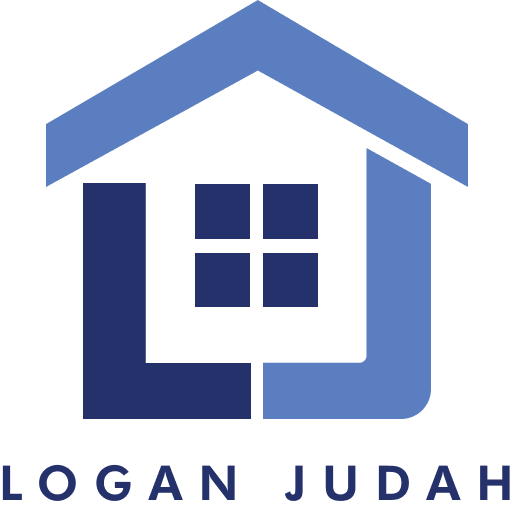FHA loans offer more flexibility for borrowers who don’t qualify for a conventional loan. FHA loans have more lenient guidelines, allowing more recent credit events and credit issues than conventional loans allow.
If you don’t qualify for conventional financing, FHA loans are a good alternative to help you buy or refinance a home.
What are FHA Loans?
The Federal Housing Administration backs FHA loans. The guarantee they provide takes the burden off private lenders, allowing them to offer more flexible guidelines to borrowers with lower credit scores or higher debt-to-income ratios.
If a borrower defaults, the FHA pays the lender back a portion of the loss, which allows lenders to be more flexible with their guidelines.
FHA loans are known for first-time homebuyers, but anyone who needs more flexible guidelines can use the program. However, FHA loans are only for primary residences, not for investment properties or second homes.
How to Qualify for an FHA Loan
Qualifying for an FHA loan is simple with these guidelines:
- Minimum 500 credit score
- Minimum 3.5% down payment (with a 580 credit score)
- Minimum 10% down payment with a 500 – 579 credit score (for some borrowers)
- A maximum debt-to-income ratio of 55%
- Steady employment history for the last two years
- Reliable proof of income and employment
- Proof of assets to cover the down payment and closing costs
- Proof you’ll occupy the property as your primary residence
FHA Mortgage Insurance
One major difference between conventional and FHA loans is the mortgage insurance requirement. Conventional loans require PMI if you put down less than 20% on the home; however, you can cancel the insurance once you owe less than 80% of the home’s value.
FHA loans require mortgage insurance for the life of the loan. The amount you pay decreases each year as you pay your principal balance down, but as long as you have an outstanding balance on an FHA loan, you’ll pay mortgage insurance.
Types of FHA Loans
FHA loans have several loan options, including:
- FHA 203(b) purchase loans – This is a standard FHA loan for purchasing a primary residence
- FHA 203(b) rate/term refinance loans – This is a loan for current homeowners to refinance their existing mortgage with an FHA loan to get a better rate or term
- FHA 203(b) cash-out refinance loans – Current homeowners with equity in their homes can use the FHA cash-out refinance to get access to their home’s equity
- 203(k) rehab loans – These loans allow borrowers to buy a rundown property and provide the funds to renovate it, so it passes the appraisal and is livable as your primary residence.
Advantages of FHA Loans
- Competitive interest rates and terms
- Low down payment requirements
- Flexible guidelines for less-than-perfect credit or debt-ratio issues
- Available on a large variety of properties
How to Get Started
If you are ready to explore your options with FHA financing, complete a quote request, and we’ll get back to you immediately. Together, we’ll discover your financing needs and evaluate your options, including FHA financing.
